Pushing the boundaries of tech and knowledge: how to inform heavily digitalised Generation Alpha about retail and cyber security
Considered to be between the ages of 10-14 years old, Generation Alpha (a.k.a. Gen Alpha) have already begun exploring the world of retail and cosmetics, as reviewed by CosmeticsBusiness in their ‘Sephora Kids Controversy’ campaign, driven by influencers promoting skincare brand ‘Drunk Elephant’, and DigitalVoices detailing ‘The TikTok Effect’ on young consumers buying habits including anti-aging serums on social media sites.
The latest adult cohort, referred to as Generation Z (a.k.a. Gen Z), dominated 2023 by entering the workforce, brand awareness and becoming concrete consumers, emerging from their early to mid-20’s.
It is time we explored Generation Alpha, taking technology in their stride, and how this will impact the industry landscape in terms of cyber security safety, training, and identity (BTW, Generation Beta is just around the corner in 2025, a fully-fledged generation born into the world of AI, machine learning, and social media).
Trends analysis
On average, 66% of those aged between 12-14 years old have been identified as using social media to discover new brands, while 40% are suggested to have used an electronic tablet before the age of six.
Comparing this with Gen Z, they only make up around 39% of individuals using social media for the same purposes, and 39.8% using brand websites and apps to discover and purchase products.
By 2025, Gen Alpha will represent more than two billion children worldwide, with this new generation considered to be evolving at a fast pace, exhibiting characteristics including inquisitiveness, assertiveness, free thinking, and a desire to push the boundaries of technology, and knowledge.
With entrepreneurial mindsets, and aspirations to start multiple streams of income outside of the corporate world, Gen Alpha will most likely be their own bosses, a trend set to skyrocket the industry in as little as four to five years.
It is safe to assume Gen Alpha will remain heavily digitalised in the future. Over the last years, they have been considered a new breed of tech savvy individuals, thriving from smartphone access, in turn lacking social norms late Gen Z and Millennials are attuned to (e.g., in-person interaction such as hanging out with neighbours, and attending classes / lectures).
In terms of using tools to teach young children, artificial intelligence (AI), and hosting online sessions currently show benefits, whilst according to a recent survey, the metaverse is deemed ‘useless’, with 71% not knowing what it is.
Paving the way for cyber security education
Starting early is key to setting up Gen Alpha for the future of retail and cyber security.
Overall, 57% of Gen Alpha spend more than three hours per day on digital devices, increasing their exposure to influencer content and marketing, and 49% trust influencers in the same regard as family and friends.
Digital training will be paramount and allow early adoption of cyber security protections through brand campaigns such as ‘how to stay safe when shopping’, including educational video tutorials mimicking what is currently being shown on social media, and businesses putting their own spin on it with cyber security.
For example, this could be offered through a mixture of YouTube, TikTok and Snapchat, and can be campaign driven offering top tips short-form content, with additional long-form videos / vlogs showing security measures, or influencers discussing how to stay protected.
Influencer training on the dos and don’ts when shopping online, teaching the basics of cyber security to high-profile social media creators, offering guidance to their large followings which will be favoured towards Gen Alpha and Gen Z.
This is also a good opportunity to bridge the gap between cyber security professionals and influencer culture, who already share commonalities in terms of understanding and using technology to enhance job functions.
A framework/lessons learnt will need to be created surrounding safe shopping for the retail industry, including updating mobile devices, watching out for newer technologies such as AI chatbot service being advertised on official app stores, how to spot the signs of phishing in mailboxes (putting protections on child access), and on social media platforms, implementing parental locks, and offering general advice.
Digital presentations aimed towards parents, and in-person networking sessions will both be beneficial for this audience.
Panel discussions inviting young speakers to discuss technology and share their knowledge for relatability/understanding more in terms of tech and how it is currently being used. This could be a collaborative effort with schools, to bridge the gap between cyber security experts such as myself, and tech savvy individuals in need of guidance.
Teaching AI and cyber security fundamentals, how to enter non-personal information into chatbot and generative AI services, while holding onto sensitive data. Likewise, keeping on top of the latest industry trends, and governance including the AI Act to monitor devices and protect consumers as part of regulating technology.
About the author: Alexandra.F is an experienced cyber security and consumer retail expert.
She currently works as a Senior Threat Intelligence Analyst in London, UK and has been in the field of cyber threat intelligence (CTI) for three years; known for carrying out industry wide strategic research based on open source reporting.
AFRG (a.k.a. AF’sRetailGuide) was first created by Alexandra in the summer of 2023 and has since evolved into a go-to platform exploring retail, fashion, art, technology, and cybersecurity through podcasts, blogs, events, presentations, and more.
The goal is to offer guidance and build a community well-equipped with knowledge about cyber threat trends and risks within the retail landscape. This landscape encompasses the grocery, fashion, beauty, and cosmetics sectors.
Alongside being an industry insider when it comes to cyber security, fashion and retail trends Alexandra F, possesses the sometimes difficult to muster confidence to emcee events and mentor those who wish to do the same.





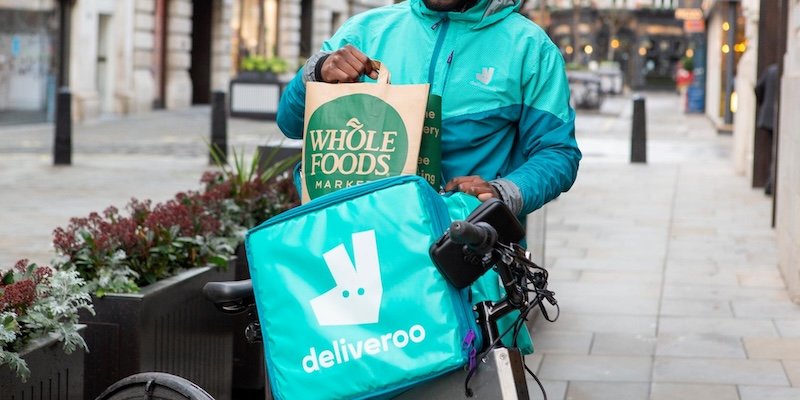







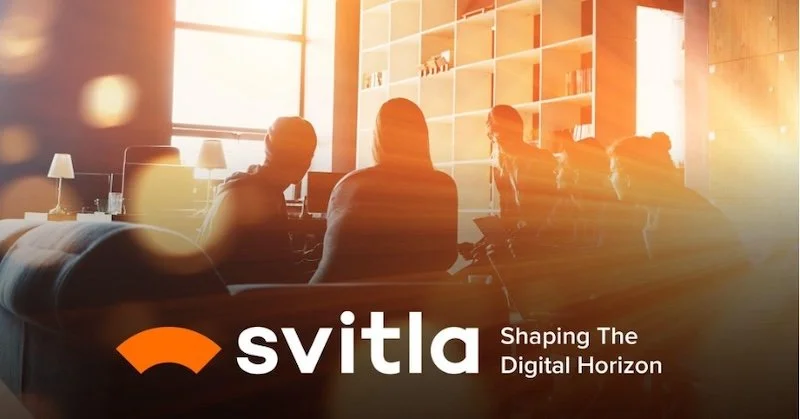
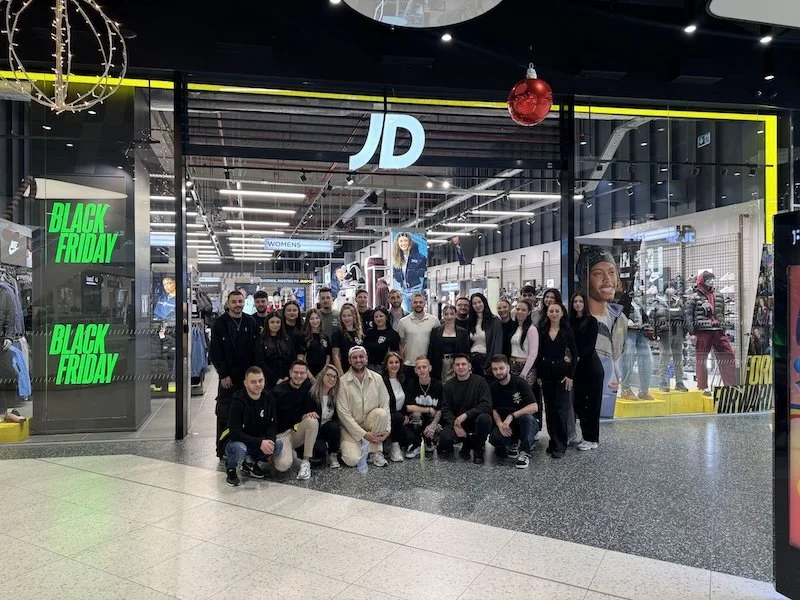



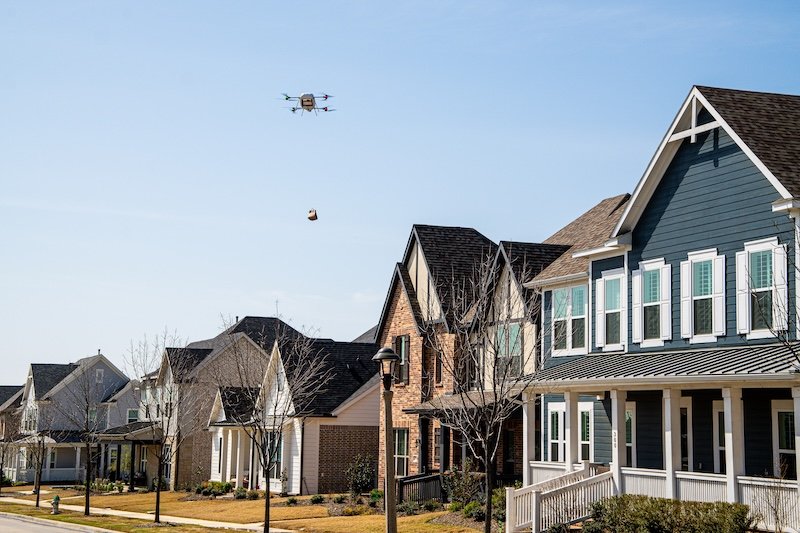



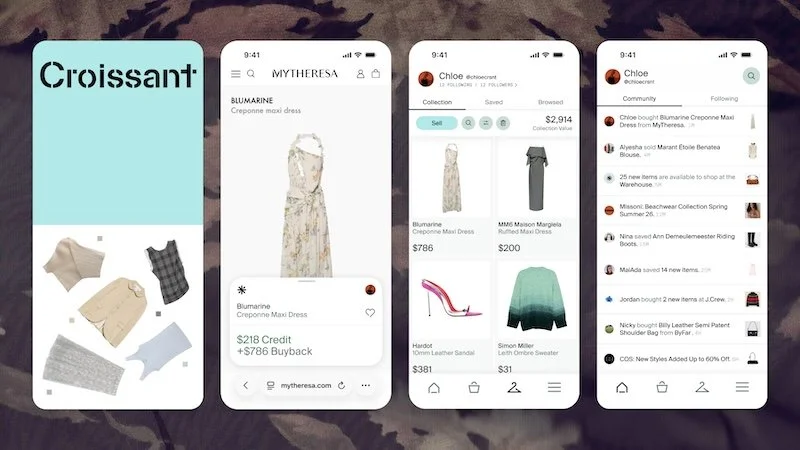


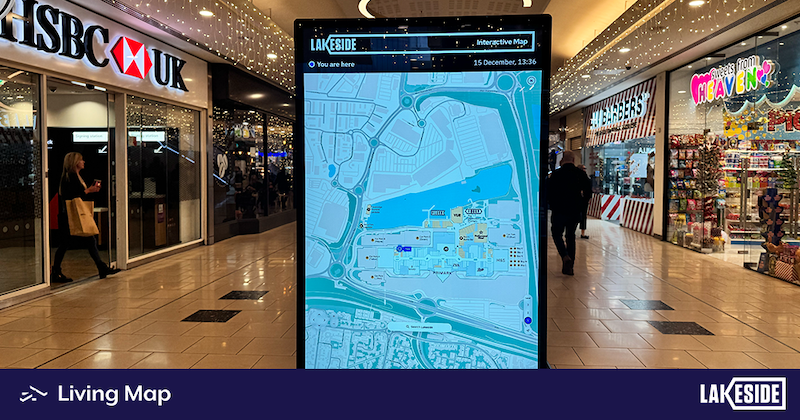


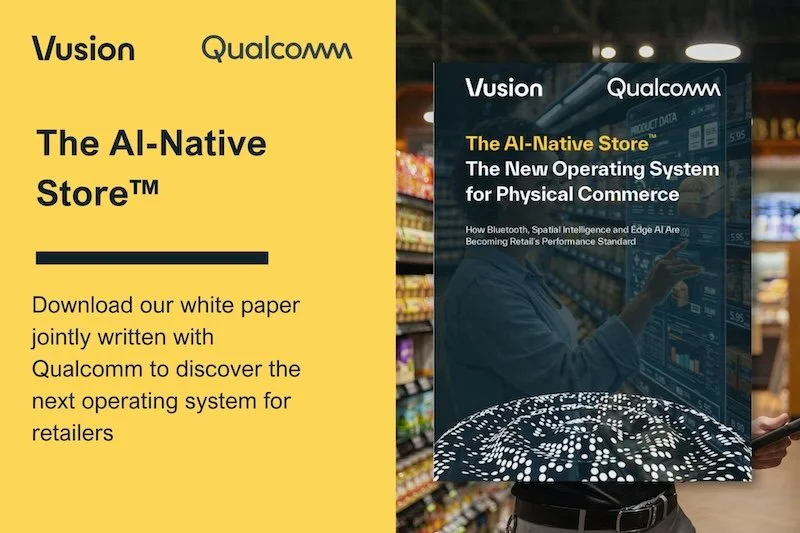


Continue reading…